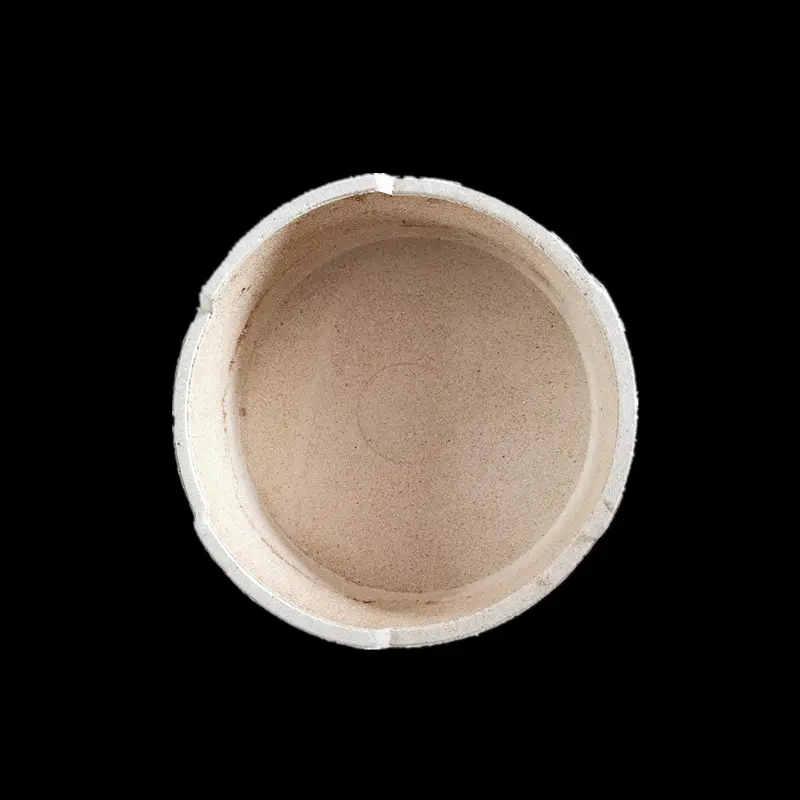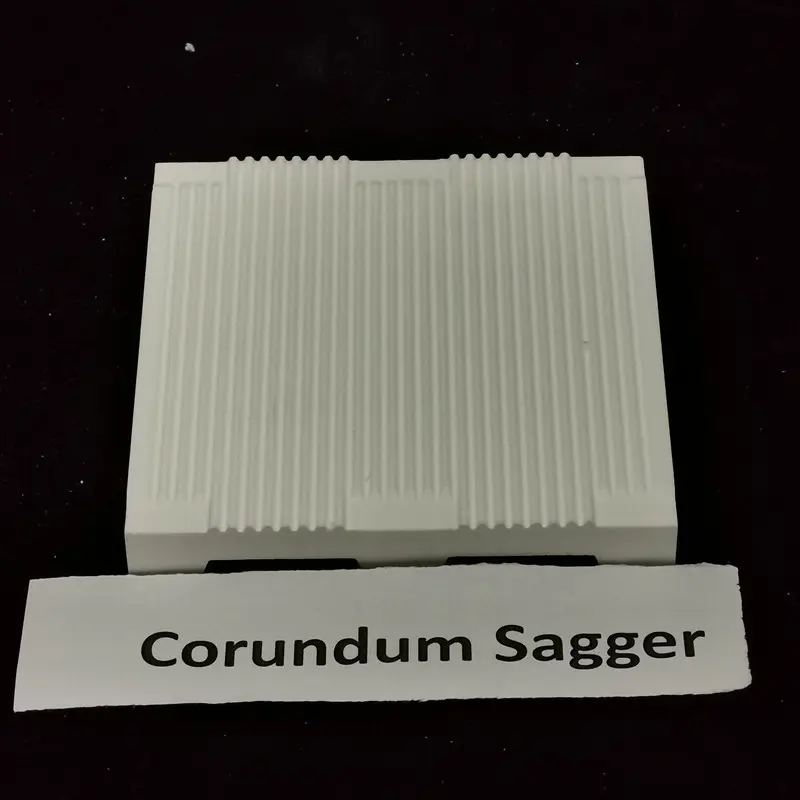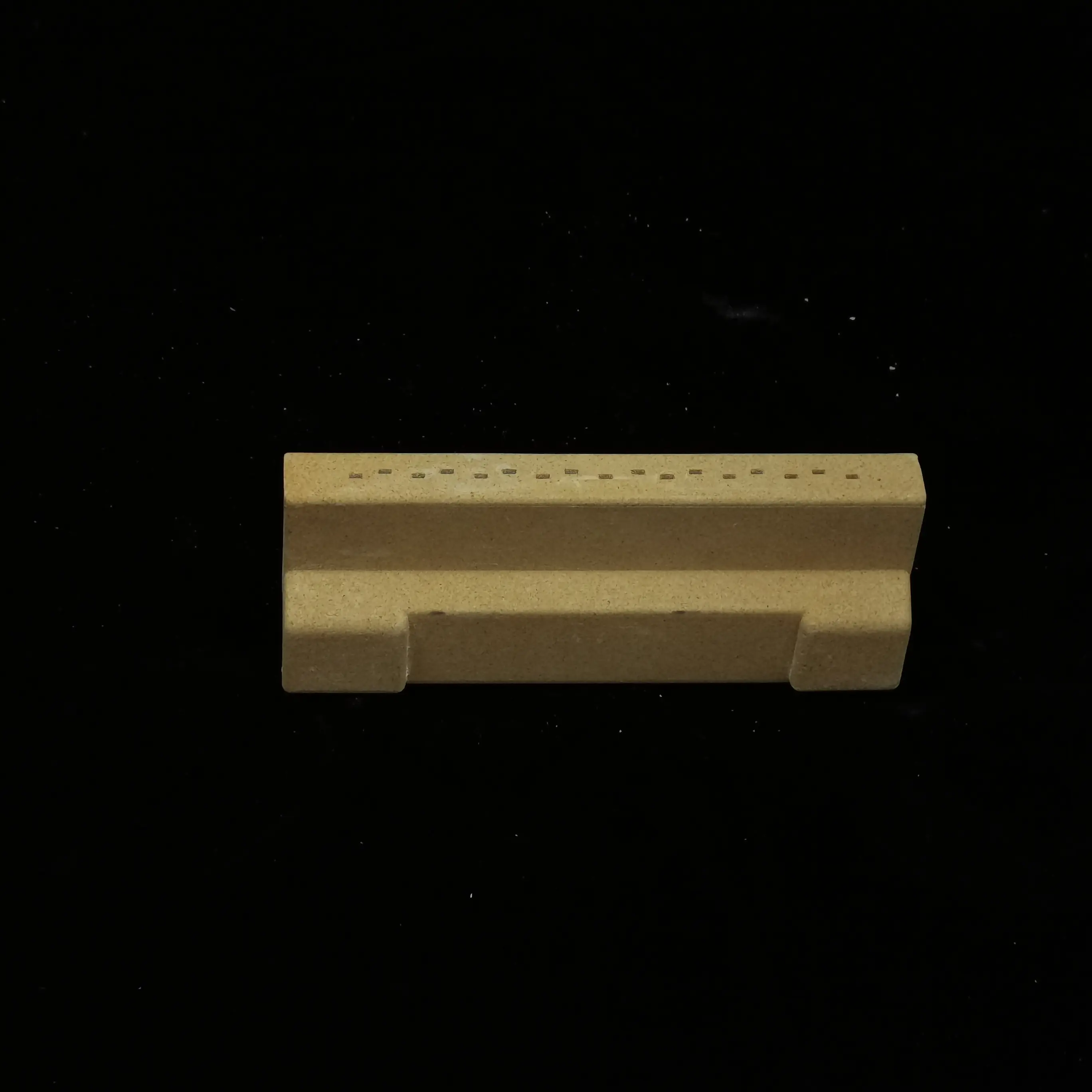
Industrial Custom Fine Alumina Ceramic Parts for Precision Engineering Needs
In the realm of precision engineering, the demand for high-performance materials is ever-increasing. Among these materials, alumina ceramic parts stand out due to their exceptional properties, making them ideal for a variety of industrial applications. This article delves into the significance of custom fine alumina ceramic parts and their role in meeting the precise needs of modern engineering.
- Material Al2O3
- Color White
- Density 3.75g/cm3
- Water absorbtion 0%
- Vickers Hardness 2300HV
- Bending strength 380MPA
Alumina, or aluminum oxide (Al2O3), is a versatile ceramic material known for its outstanding hardness, wear resistance, and thermal stability. These characteristics make alumina ceramic parts particularly suitable for applications that require durability and reliability under extreme conditions. Industries such as aerospace, automotive, electronics, and medical devices are increasingly turning to alumina ceramics to enhance the performance and longevity of their products.
One of the key advantages of alumina ceramic parts is their ability to be customized to meet specific engineering requirements. Customization allows manufacturers to create components that fit perfectly within the design parameters of a project, ensuring optimal performance. Whether it’s a complex shape, a specific size, or unique mechanical properties, industrial custom fine alumina ceramic parts can be tailored to suit the precise needs of any application.
The manufacturing process of alumina ceramic parts involves advanced techniques such as precision machining, sintering, and sometimes even additive manufacturing. These methods enable the production of intricate designs with tight tolerances, which are essential in precision engineering. The ability to produce fine alumina ceramic parts with high dimensional accuracy ensures that they can be seamlessly integrated into larger systems, reducing the risk of failure and enhancing overall efficiency.
In addition to their mechanical properties, alumina ceramics are also chemically inert, making them resistant to corrosion and degradation in harsh environments. This feature is particularly beneficial in industries where components are exposed to aggressive chemicals or extreme temperatures. For instance, in the semiconductor industry, alumina ceramic parts are used in equipment that requires high purity and resistance to contamination, ensuring the integrity of the manufacturing process.
Moreover, the lightweight nature of alumina ceramics contributes to their appeal in various applications. In aerospace and automotive sectors, reducing weight is crucial for improving fuel efficiency and performance. Custom fine alumina ceramic parts provide a solution that not only meets weight requirements but also offers superior strength compared to traditional materials like metals.
The versatility of alumina ceramics extends to their electrical properties as well. They can be engineered to be either insulating or conductive, depending on the application. This adaptability makes them suitable for use in electronic components, insulators, and substrates, where precise electrical characteristics are essential.
As industries continue to evolve, the need for innovative materials that can withstand the rigors of modern engineering challenges becomes paramount. Industrial custom fine alumina ceramic parts represent a significant advancement in material science, offering a combination of strength, durability, and customization that is hard to match.
In conclusion, the integration of alumina ceramic parts into precision engineering not only enhances the performance of products but also opens up new possibilities for innovation. As manufacturers seek to push the boundaries of what is possible, the role of custom fine alumina ceramic parts will undoubtedly become more prominent, driving advancements across various sectors and setting new standards for quality and reliability in engineering applications.



